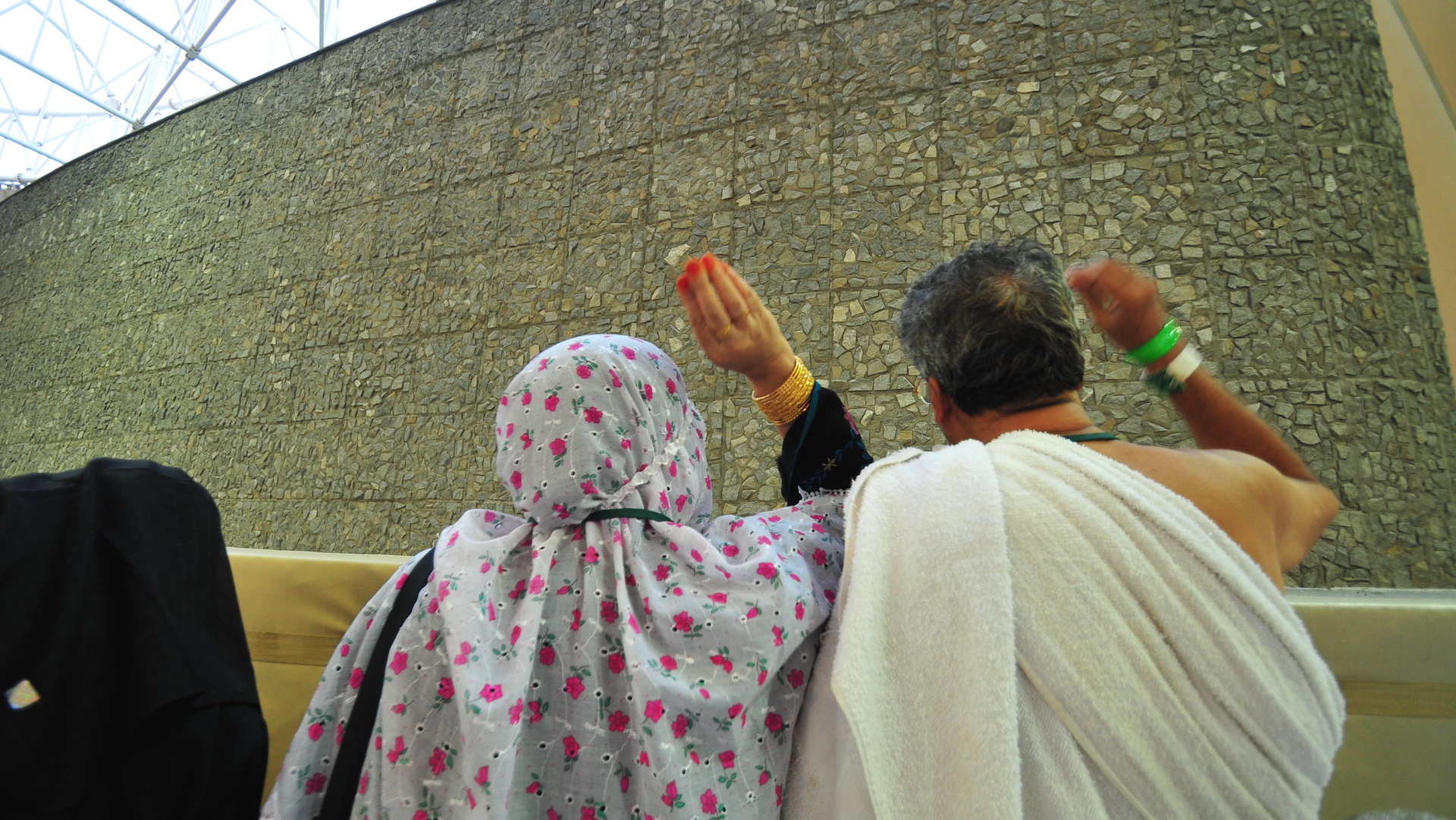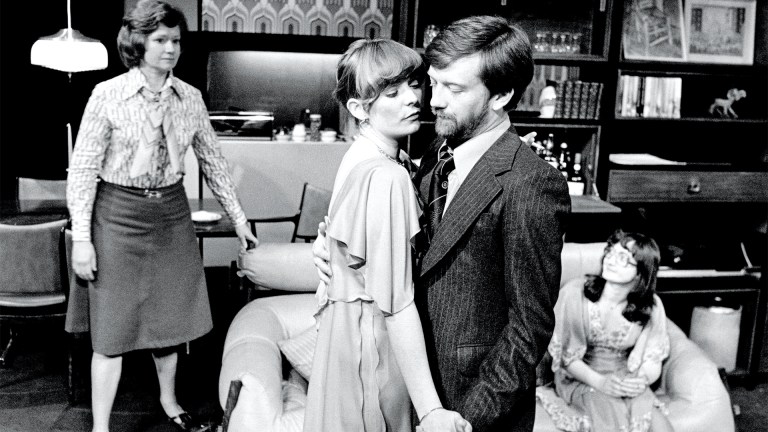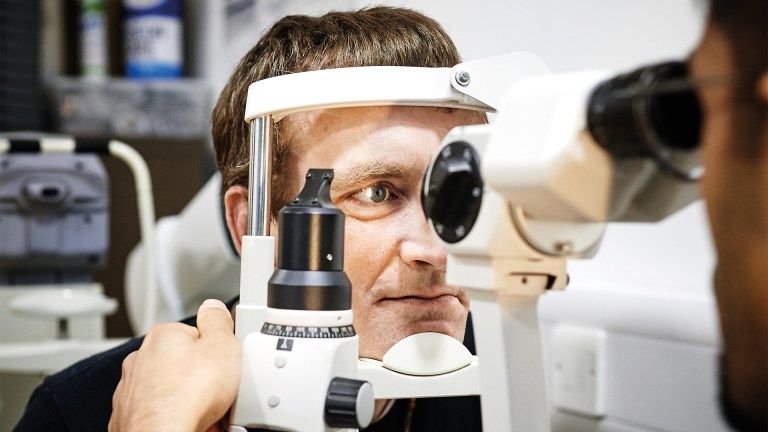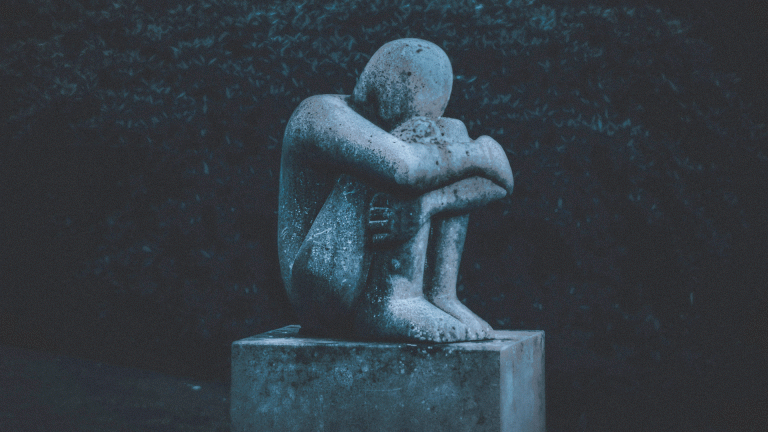Eid is almost upon us, as Muslims around the world usher in one of the holiest days in the Islamic calendar. At the end of June, Muslims will celebrate Eid al-Adha, not to be confused with Eid al-Fitr which occurs at the end of Ramadan (this took place in late April).
In the Islamic lunar calendar, Eid al-Adha falls on the tenth day of Dhu al-Hijjah – the twelfth and final month in the Islamic calendar. Just as Eid al-Fitr celebrates the end of Ramadan (whereby Muslims fast from sun up to sun down), Eid al-Adha celebrates the end of the Hajj pilgrimage which is one of the five pillars of Islamic faith.
The tradition for Eid al-Adha, meaning ‘feast of the sacrifice’, involves slaughtering an animal and sharing the meat with family, relatives, friends, and poor people. It is a three-day celebration, though many Muslims celebrate on the first day of Eid.
It is a time many Muslims around the world will offer charitable donations, spend time with their loved ones and get decked out in new clothes.
Here’s what to know about the holy day:
What is Eid al-Adha?
Eid al-Adha commemorates the end of the Hajj pilgrimage and also the prophet Ibrahim (known as Abraham in Judeo-Christian tradition) and his willingness to sacrifice his son Ismail. At the point of sacrifice, Muslims believe God replaced Ismail with a ram, which was to be slaughtered in place of his son.





